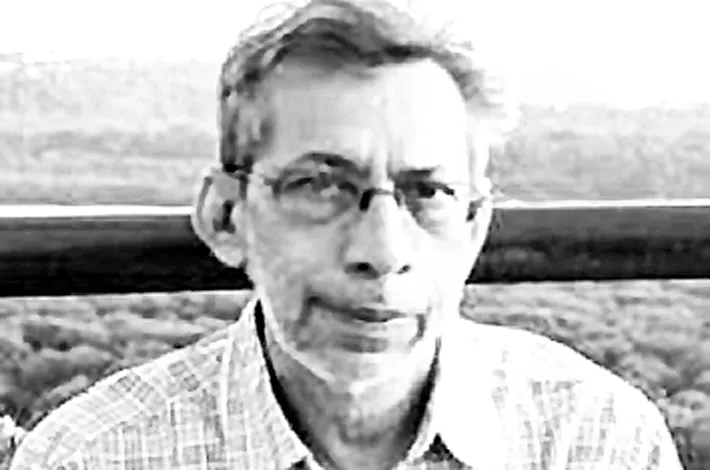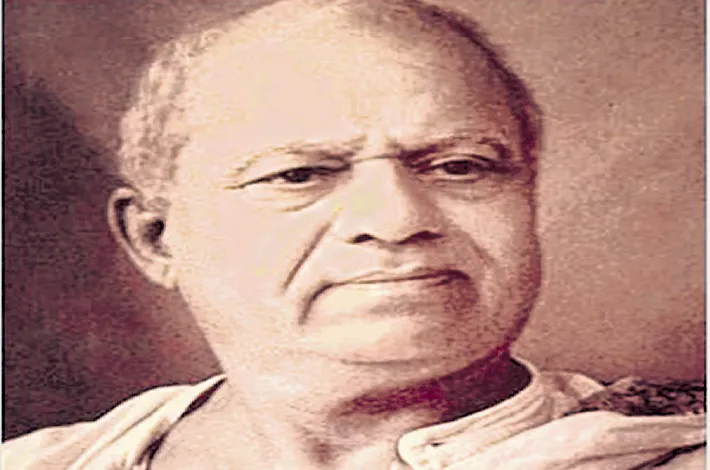EC needs to be seen impartial and credible to the people
21-08-2025 12:00:00 AM

There is enough material to ask a simple question: can names be added to electoral rolls without adequate scrutiny or excluded without reason?
At the heart of India’s constitutional democracy is the commitment to conduct elections that are regular, free, and fair. This requires the integrity of the election process to be fair and transparent and the poll body’s role to be neutral and impartial. But when the integrity of the electoral process and its management by the Election Commission of India (EC) face allegations of “vote theft” and irregularities in electoral rolls, besides a host of other concerns, it becomes incumbent on the poll body to dispel doubts over its neutrality and come clean on accusations of illegalities. As the democracy’s cornerstone, the EC must lead by example to rule out any possibility of misconduct on its part, rather than being seen to shield itself under the pretence of technical and procedural opacities.
It is difficult to say that all elections in India since independence have been indisputably free and fair. In a populous, poor, and large country like India, questions about the neutrality and fairness of the EC have been raised in the past, but never did the clash between the poll body and opposition parties look like a direct feud between two national political parties. Unlike the current row between the Opposition and the EC, never did the latter adopt combative approach to defend itself by making counter accusations. It is difficult to imagine the EC as an unquestionably neutral body, but it is also equally imperative to expect it to uphold its constitutional mandate of holding free and fair elections.
In the last few years, innumerable concerns have been raised by opposition parties, democratic rights activists, and legal experts on the conduct of the EC, often accusing it of blatantly favouring the ruling party. But the galore of accusations over a host of anomalies in the poll process and the EC’s partisan conduct have been dismissed by the poll body as a “grouse of the loser”. While claiming that elections in India are free and fair and the poll process is robust, the EC has often refused to address the concerns and grievances of the Opposition. Defensive opacity and institutional stonewalling have been the EC’s defence mechanism over a host of complaints relating to the violation of the model code of conduct by the ruling party leaders, manipulation of electoral rolls, and EVMs.
The EC’s recent actions of denial and refusal to act against allegations of large-scale manipulation of voter rolls point to a pattern where the poll body seems to be shielding itself from charges of compromised electoral process and scrutiny. Leader of the Opposition Rahul Gandhi’s charges of large-scale electoral fraud in the Madhavpura constituency during the 2024 Lok Sabha election demand urgent investigation. However, the EC has demanded Rahul submit his charges on oath within a week or apologise to the nation. Ideally, it is in the interest of the EC to independently verify Rahul’s claim and get to the bottom of it in a manner that satisfies all parties and lays all doubts to rest. Instead, the EC has allowed the political theatre to dictate the pace of action and set the narrative.
With the ruling party refuting Rahul’s claim and the EC leadership maintaining that the commission does not discriminate between political parties but simply discharges its duties as per the Constitution, the BJP’s defence of the EC has fuelled speculation about the cosiness between the two. It not only erodes trust in the commission, but the EC’s alleged failure to ensure a level playing field and stop the poll process from getting vitiated reflects poorly on its credibility.
As an independent institution, it should be acting as a guardian of a democratic process that not long ago every voter was proud of. But when the finger of suspicion points at the very institution meant to ensure free and fair elections, it does not help the EC to sit in judgement over itself. Its combative dismissal of Rahul’s allegations has fuelled public scepticism about its institutional independence.
Moving on to Bihar Special Intensive Revision (SIR), not only does its timing raise suspicion, but the way and the haste with which it has been carried out have fuelled speculation about the real intent behind the exercise. Whether “mala fide” or a “backdoor NRC”, the EC’s refusal to accept Aadhaar or voter ID cards, its earlier refusal to publish the names of 65 lakh deleted voters, and the removal of the mechanism to search for names in the draft electoral rolls after Rahul Gandhi’s press conference on August 7 point to the fact that the SIR is presumptively more “voter-exclusionary” than “voter-inclusive”, considering it excludes an entire mass of electors in Bihar since the 2003 intensive revision and puts the onus on them to prove their citizenship.
In the past intensive revisions, according to petitioners in the SIR case, the voters were never asked to fill enumeration forms and prove their citizenship for inclusion of their names in electoral rolls. A voter means someone who is already on the electoral roll and, therefore, presumptively a citizen unless proved otherwise. The burden of proving a voter a citizen, according to them, is not on the voter, and he or she has the statutory right to remain on the electoral roll. The problem with the Bihar SIR is that people, many of them poor and marginal groups, who have voted in several elections since 2003 have been asked to provide citizenship proof. Critics of the SIR say that this is a bureaucratic narrowing down in how voters get to stay on the electoral rolls in Bihar and in BJP’s New India.
There is enough material from the ground to ask a simple question: can names be added to electoral rolls without adequate scrutiny or excluded without a valid reason? Thankfully, the interim relief from the Supreme Court in the case last week ordering the EC to include Aadhaar in the list of the 11 documents and release the 65 lakh names dropped from the draft electoral rolls with the reason for deletion is a big positive and a push for greater transparency in the ongoing SIR. However, the larger question about the EC’s reputation and credibility hinges on visible accountability and public perception of its neutrality and openness to engage and address concerns of all stakeholders in the election process.








